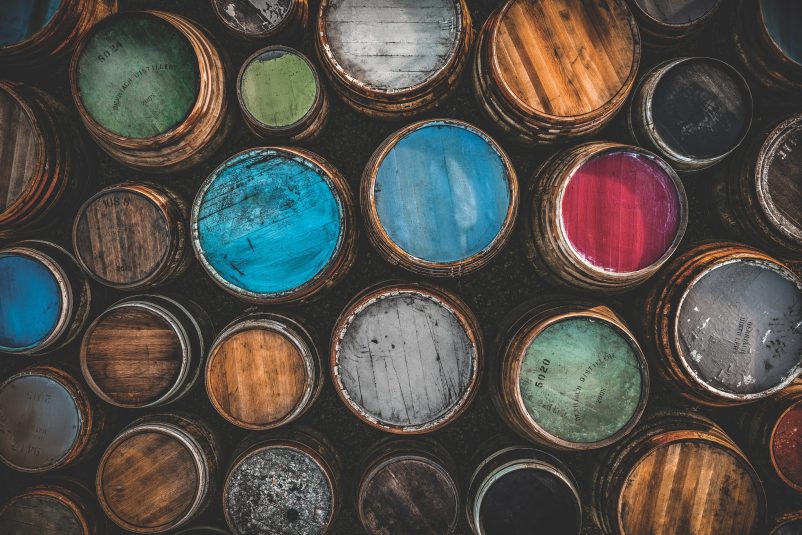
Kay Brothers | “Amery Vineyard Block 6” Shiraz 2013
(McLaren Vale, Australia) $110
 There are several criteria a wine must meet before I think it’s great. It must be distinctive, precise, well-balanced, complex, and long. It must taste “connected” to the place where the grapes were grown. And it can’t merely be fruity; it must have more intriguing and sophisticated flavors—even a sense of corruption. This Kay Brothers Block 6 Shiraz—from 121-year-old vines (!)—hits the nail on the head. Plus, its texture is Bordeaux-sleek (no pancake syrup here) and the flavor is woven through with intriguing notes of exotic spices. Kay Brothers is one of the oldest family-owned wineries in McLaren Vale. If you need a bottle of wine for Father’s Day, this could be it. (13.5% abv)
There are several criteria a wine must meet before I think it’s great. It must be distinctive, precise, well-balanced, complex, and long. It must taste “connected” to the place where the grapes were grown. And it can’t merely be fruity; it must have more intriguing and sophisticated flavors—even a sense of corruption. This Kay Brothers Block 6 Shiraz—from 121-year-old vines (!)—hits the nail on the head. Plus, its texture is Bordeaux-sleek (no pancake syrup here) and the flavor is woven through with intriguing notes of exotic spices. Kay Brothers is one of the oldest family-owned wineries in McLaren Vale. If you need a bottle of wine for Father’s Day, this could be it. (13.5% abv)
95 points KM

Which country has been making wine for over 8,000 years?
A. Greece
B. India
C. Egypt
D. Georgia

Tribology…Who Knew?
Despite its importance, the texture or mouthfeel of wine is one of the least studied aspects of sensory perception. At least until now. As reported in Wines & Vines, researchers at U.C. Davis are currently working to develop what they call a “tribology” method to analyze the physical aspect of red wine perception. In particular, Dr. Tonya Kuhl and Dr. Aude Watrelot hope to understand the physical interaction between tannin (astringency) and saliva (lubrication). The word tribology comes from the Greek word for “rubbing.” In engineering and biomedical research, tribology is the science that deals with the design, friction, wear, and lubrication of interacting surfaces in relative motion (as in bearings or gears or, for that matter, your knee joints).



The Sex Life of Wine Grapes
Right now, there’s a lot of sex in the vineyards. Strictly between the grapes of course. Cultivated vines are hermaphroditic (the reproductive organs of both sexes are simultaneously present). Thus, come spring, grapevines pollinate themselves. But only if… Continue Reading…
![]()
Clone
The noun “clone” refers to plants of the same species that have identical physical characteristics. The DNA of a grapevine is not stagnant, so in nature, clones…keep reading…

Blue Cheese generally makes most red wines taste richer and livelier.
False. While I love blue cheese, I usually don’t have it with wine. Extremely salty and pungent, blue cheese’s aggressive, palate-coating flavors strip the flavor of virtually all dry red wines, making them taste insipid and washed out. Just about the only wine that can counterbalance a blue cheese’s forceful character is a powerhouse like Port. Because it is both sweet and fortified, Port has the intensity and body to stand up to blue cheese. The combination, in fact, has been considered a European classic for centuries.








